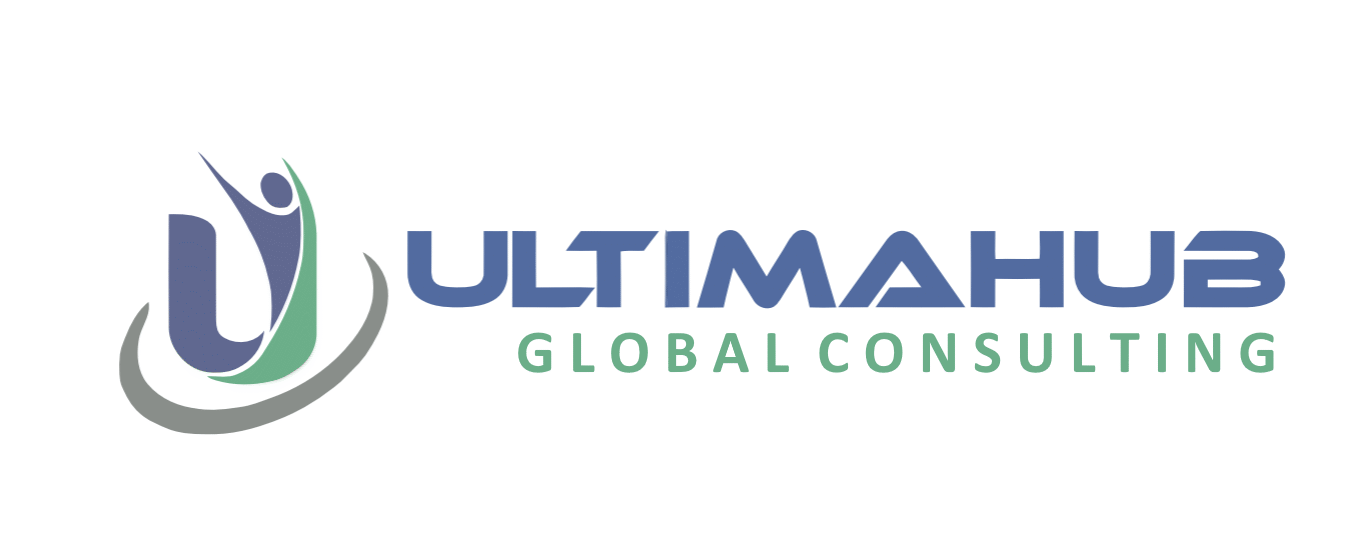As we approach 2025, the landscape of work continues to evolve rapidly, driven by advancements in technology and shifting societal expectations. While technical skills have long been prioritized, the importance of soft skills is gaining recognition as a critical component of professional success. Soft skills, which encompass interpersonal abilities, emotional intelligence, and effective communication, are becoming essential in fostering collaboration, adaptability, and problem-solving in increasingly complex work environments. This article evaluates the rising importance of soft skills in today’s workforce and provides strategies for cultivating a competitive edge through these invaluable human traits.
The Rising Importance of Soft Skills in Today’s Workforce
In a world dominated by automation and artificial intelligence, the value of human-centric skills cannot be overstated. Employers are actively seeking individuals who not only possess technical proficiency but also demonstrate strong relational competencies. Research indicates that organizations with high levels of emotional intelligence outperform their competitors, underscoring the need for employees who can navigate interpersonal dynamics effectively. This trend points to the fact that, as machines take over routine tasks, soft skills will differentiate the exceptional employee from the competent one.
Moreover, the modern workforce is characterized by increased remote work and multicultural teams, necessitating enhanced communication and collaboration skills. With diverse perspectives and backgrounds contributing to team dynamics, the ability to empathize and engage with colleagues fosters a culture of inclusion and innovation. Organizations that prioritize soft skills in their hiring and training processes are likely to cultivate a more cohesive workplace environment, which can lead to higher employee satisfaction and retention rates.

Furthermore, as decision-making processes become more complex and multifaceted, individuals who can think critically and creatively are in high demand. Soft skills such as adaptability, resilience, and problem-solving are crucial for navigating the challenges of a rapidly changing marketplace. Employees who can approach problems with a collaborative mindset and leverage their emotional intelligence will find themselves better equipped to contribute to their organizations’ strategic goals, making soft skills an essential aspect of overall workforce competency.
Strategies for Cultivating a Competitive Edge in 2025
To harness the power of soft skills effectively, organizations must implement targeted strategies that promote development at all levels. One effective approach is to integrate soft skills training into existing professional development programs. Workshops, mentorship opportunities, and role-playing exercises can provide employees with the tools they need to enhance their interpersonal abilities. By creating an environment that prioritizes continuous learning, organizations can ensure that their workforce remains agile and capable of adapting to new challenges.
Another key strategy involves fostering a culture of feedback and open communication. Encouraging employees to share their experiences and perspectives can lead to greater self-awareness and personal growth. Regular performance reviews that emphasize soft skills alongside technical competencies can help employees understand the importance of interpersonal dynamics in achieving their goals. Additionally, creating safe spaces for discussions around emotional intelligence can enable team members to connect on a deeper level, which in turn can enhance teamwork and collaboration.

Lastly, organizations must actively seek to recruit individuals who embody strong soft skills in addition to technical expertise. This can be achieved through behavioral interviewing techniques that assess candidates’ interpersonal abilities and emotional intelligence. By prioritizing hiring for soft skills, companies can build teams that are not only skilled but also equipped to navigate the complexities of the modern workforce. As we move closer to 2025, organizations that understand the significance of soft skills will undoubtedly gain a competitive edge in their respective industries.
In conclusion, the growing importance of soft skills in the workforce signals a fundamental shift in what it means to be an effective employee in the modern economy. As automation continues to reshape the job landscape, human qualities such as emotional intelligence, adaptability, and effective communication will emerge as the defining attributes of successful professionals. By implementing strategies to cultivate these skills, organizations can unlock the full potential of their workforce and position themselves for sustained success in 2025 and beyond. In a world increasingly driven by technology, it is the human edge that will truly set organizations apart.



